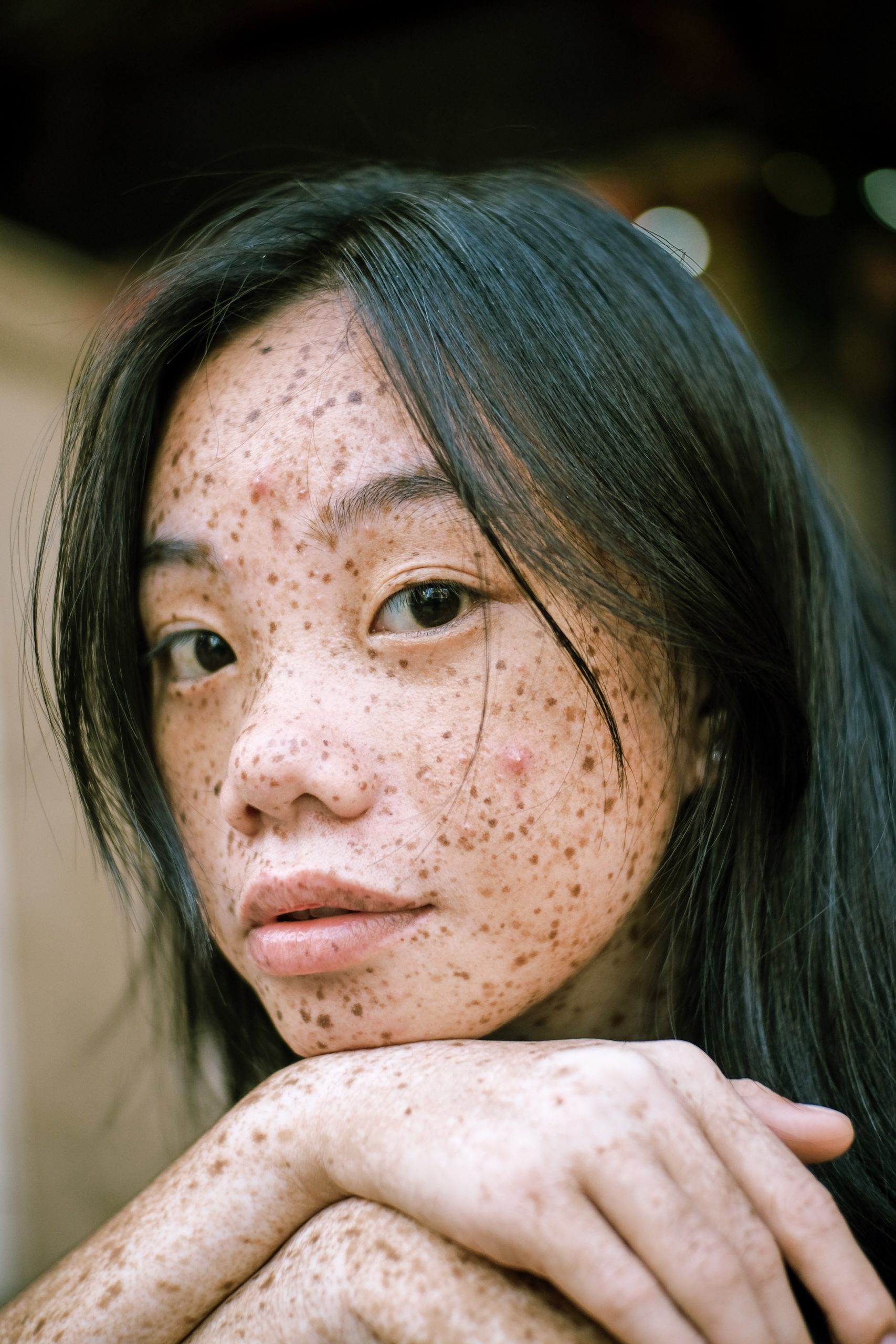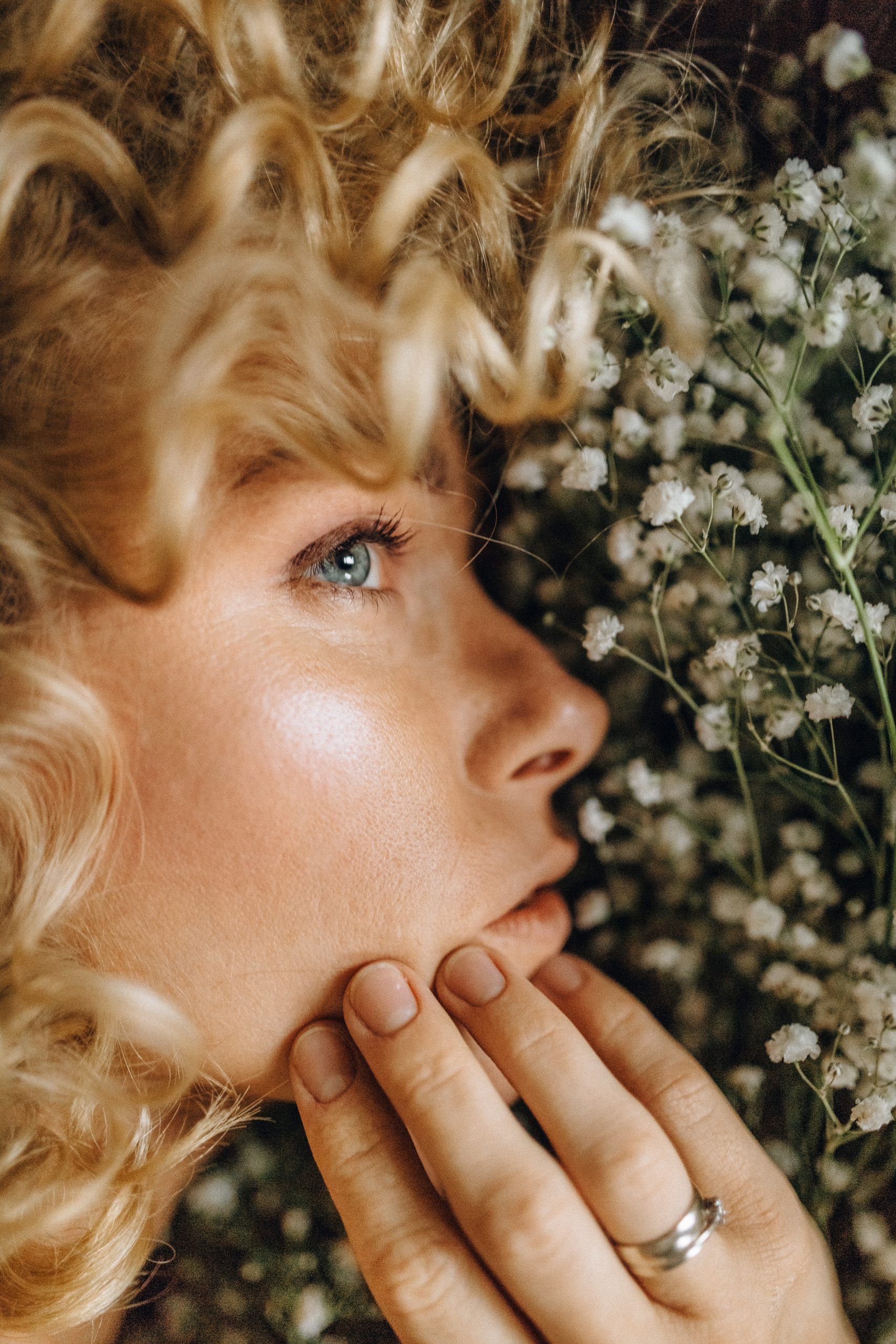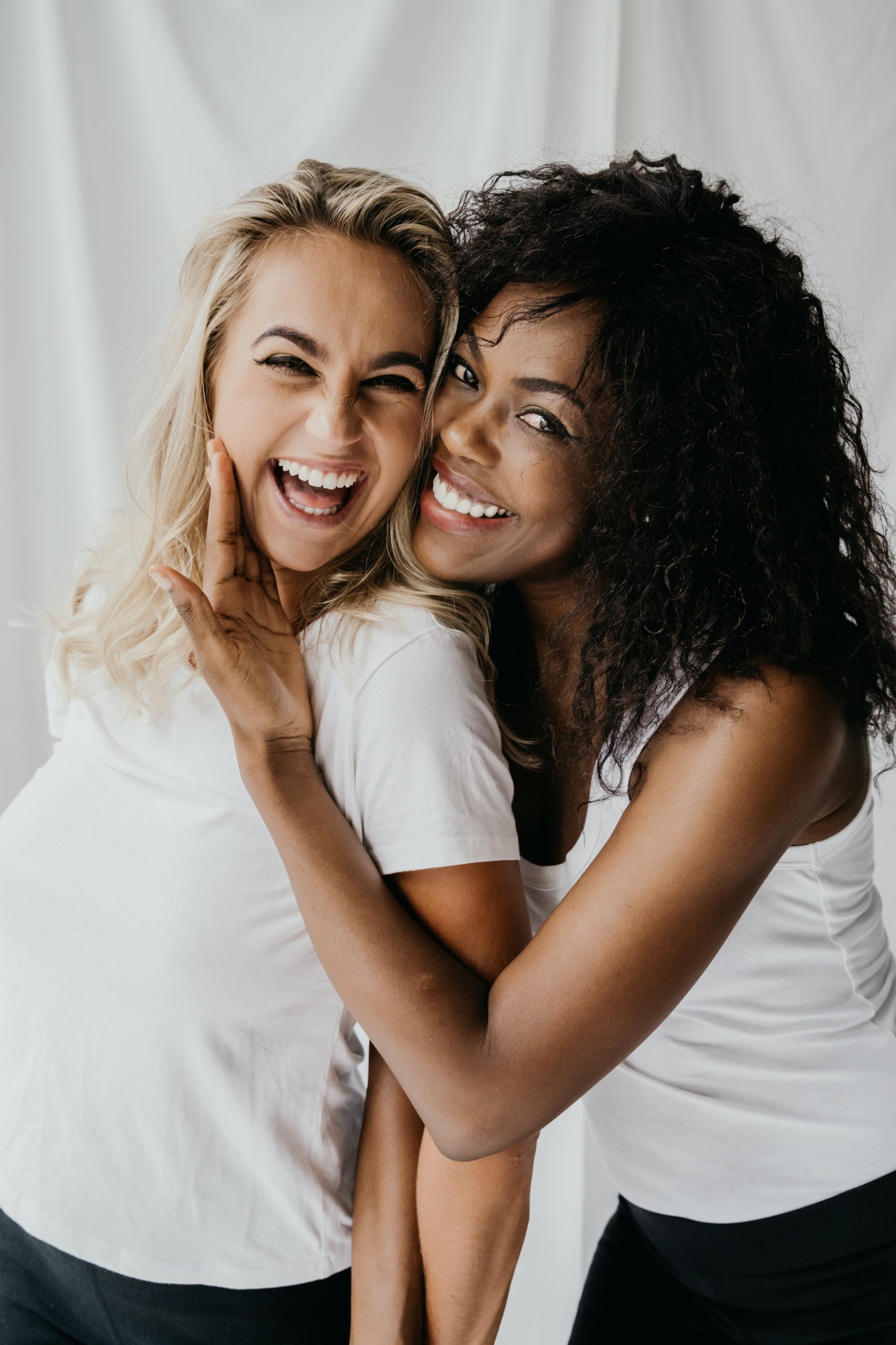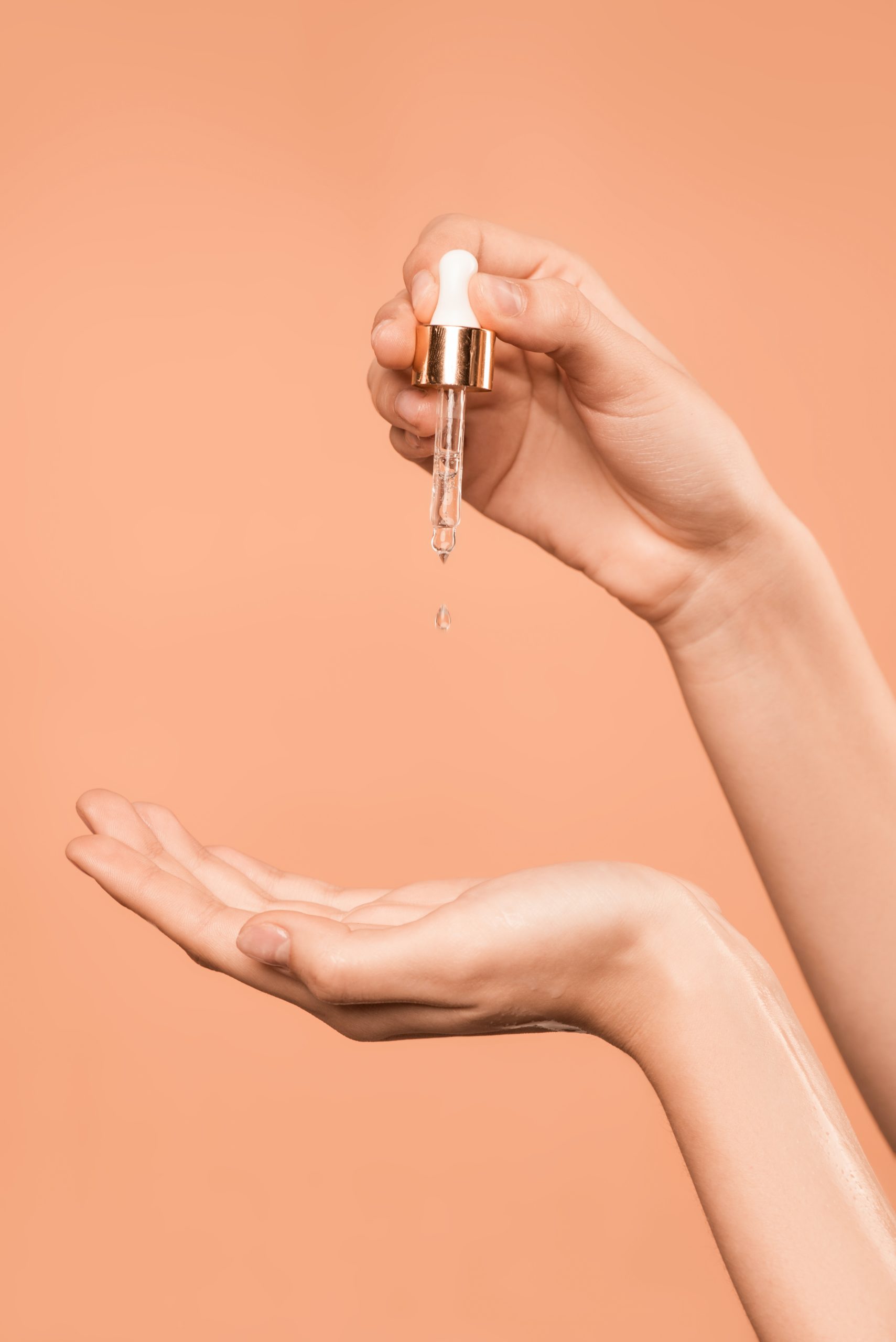Spirits and signs, how do they shape your life? Psychic Helen Jacobs shares ways we can connect with our spirit guides, notice the signs and find our life’s purpose.
Helen Jacobs, psychic and author of You Already Know – a comprehensive guide to spirituality – chats with Wellspring editor, Kate Durack, discussing a framework for living more intuitively in order to see your path clearly.
Before she practised as a psychic medium, Helen was a successful PR executive. Upon the advice of her spirit guides, she was able to make this change. Helen suggests that everyone should connect with their own spirit guides to give direction to your life’s path.
A busy mum of two, Helen transformed her life’s outlook, staying grounded but believing that her spirit reaches beyond her roots. She knows the challenges life brings and taps into her psychic senses to let spirits guide her, inviting and urging others to do the same.

Spirit guides
Helen began her journey with guides in 2001 after a spirit visitation from her Aunty. After this, she began to really connect with her inner and higher guidance.
Helen has relied on spirit guides to help her through many life decisions. After studying business and journalism, Helen realised the importance of communication. However, only later and likely due to her self-proclaimed naturally curious manner, did she realise how important spirit communication is, and how it would change her life.
Helen suggests that guiding spirits are present to be called on at various times, whether that be a transitional period such as becoming a parent or other challenges in life. She knows that every life has a purpose and urges others to realise they are here for a reason, and you will be guided towards this if you use those around you.
Everyone has at least one spirit guide, who is assigned to them for the entirety of this particular lifetime.
Instead of just one spirit guide, Helen posits that everyone has access to a spiritual support team, likened to a board of advisors in a business where each spiritual guide plays a different role. According to Helen, spirit guides do not possess a physical body and knowing they are present is not the same as sensing when someone is in the same room as you.
Their energy can be as close to us as we wish to invite it in.

Use the ‘psychic senses’
Helen believes that everyone has psychic senses in the same way that we have the physical ones of taste, sight, smell, etc., but in a metaphysical sense.
The way that spirit is going to communicate with us is not necessarily through our physical senses, but the metaphysical.
Do the hairs on the back of your arms often stand up? Helen suggests events like this are signals that there is a lot of energy around. When you get dizzy, she likens this to a spirit being present as energy moves in circles, making you feel as though the world is spinning.
There are so many clues that our body is giving us that someone non-physical is trying to get our attention.
Colours, animals, numbers are also symbolic and can be relaying messages from the spirits around us, says Helen. Most of the time we are not even paying attention to the clues that indicate that spirits are trying to grasp our attention, she continues.
Through our intuition we can sense, we can feel that the energy in the room shifts, Helen says.
She believes in not hiding your truth and following these hunches.
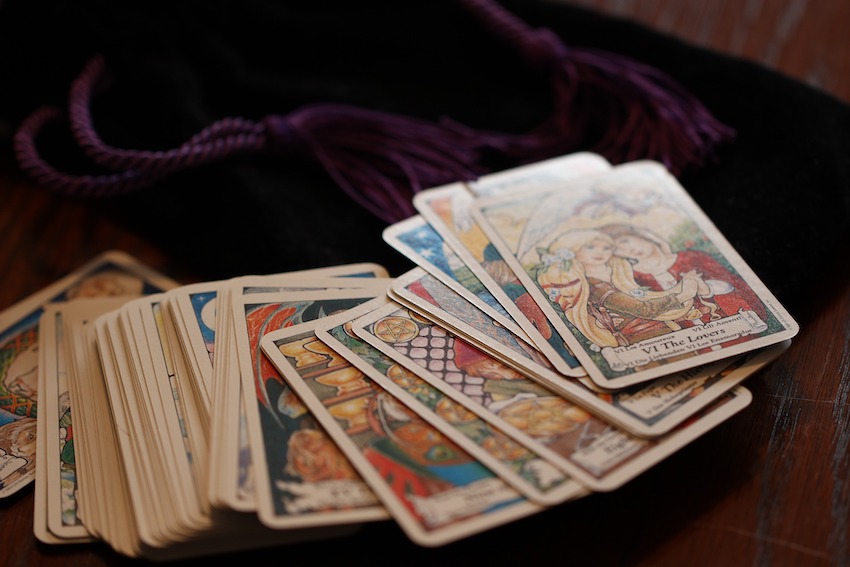
Look backwards
Intuition plays a big role in how one expands and challenges themselves. Helen believes that everyone has a path, but this is not necessarily set in stone. Instead, listen and follow the signs around you to do what will ultimately benefit you. This intuition, she says, will help you navigate through your life’s journey.
Life will present us signposts with choices of directions and our job is to figure out, by using out intuition, which one of those directions we want to go in.
To determine what has shaped your life, Helen suggests looking at things that have shaped your life experience, as they will help inform you about how you have gotten where you are, and importantly what you will do next.
Looking backwards is one of the best ways to realise what your signposts look like.
Helen warns against getting caught up in fear-based thinking, as despite its intention to keep you safe, it might make you retreat or hide from what is presented in front of you. Instead, she encourages us to follow our intuition despite this not always being easy. In doing so, she hopes, you will be guided on your journey by the signs around you that you might be missing.
Ask for a sign
Once you start looking for signs, Helen says, you will find them. Then, she believes, you will be able to see how much life is working for you. Don’t be so specific, Helen warns. For example, if you want to quit your job and ask for a yellow car to drive past as a sign, you might be waiting a while. Spirit guides can do a lot, she says, but “maybe not that.”
There is real magic in watching how the signs come to you, and what the signs are that come to us.
Helen suggests taking a step back and becoming an observer in your own life, so that you can notice what has shaped your life’s journey and start to see this “serendipitous, synchronistic life” that we are a part of.

Be present
Don’t spend too much time wondering what you purpose is, Helen urges. “Each and every moment is of purpose,” she claims, and “if there are millions of moments in a lifetime, you have already offered so much.”
Life purpose is a moot point because you don’t know what the purpose is until your life is almost is complete.
She ends the interview with an important message, reminding us to trust your intuition and its guidance.
You know more than you think you do, and when you trust yourself, your whole world can change.
Watch the full interview below or on our YouTube channel.



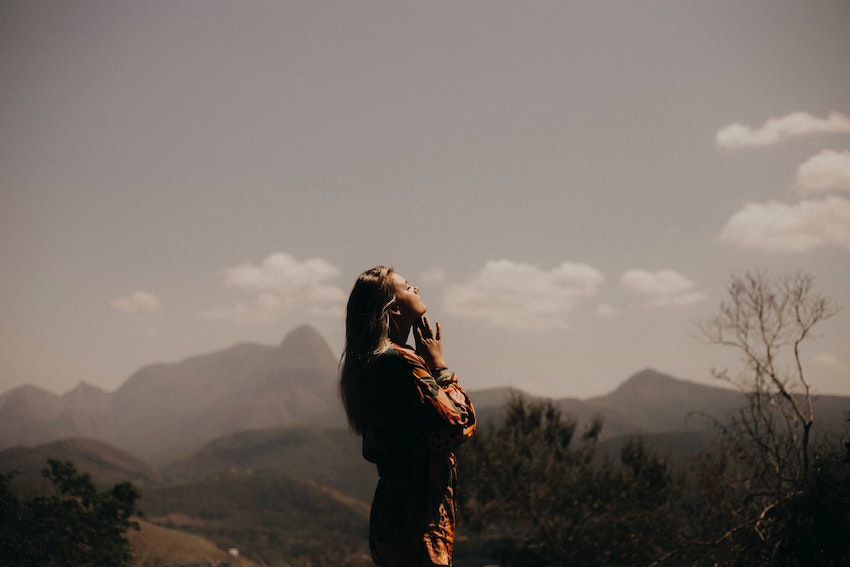




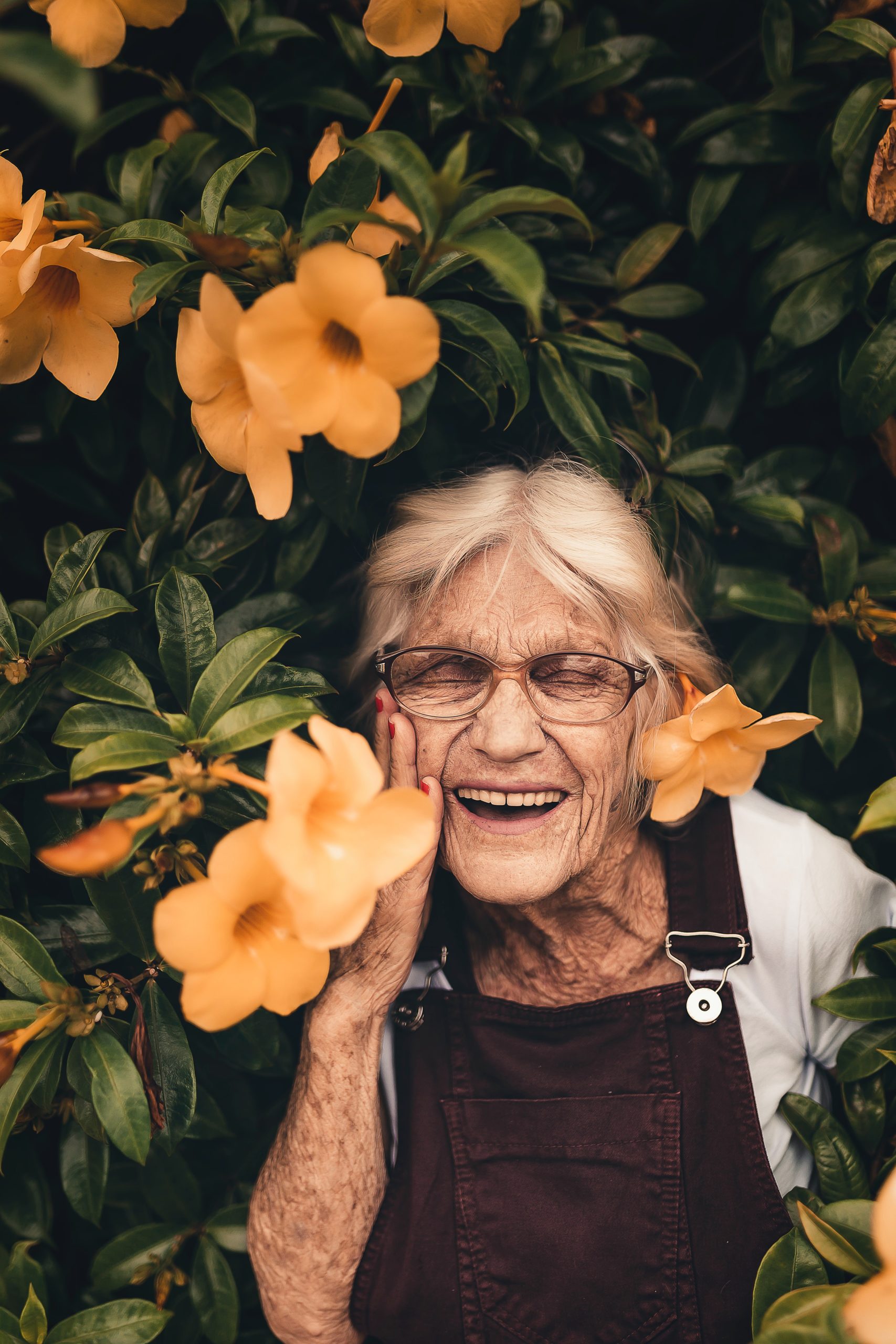

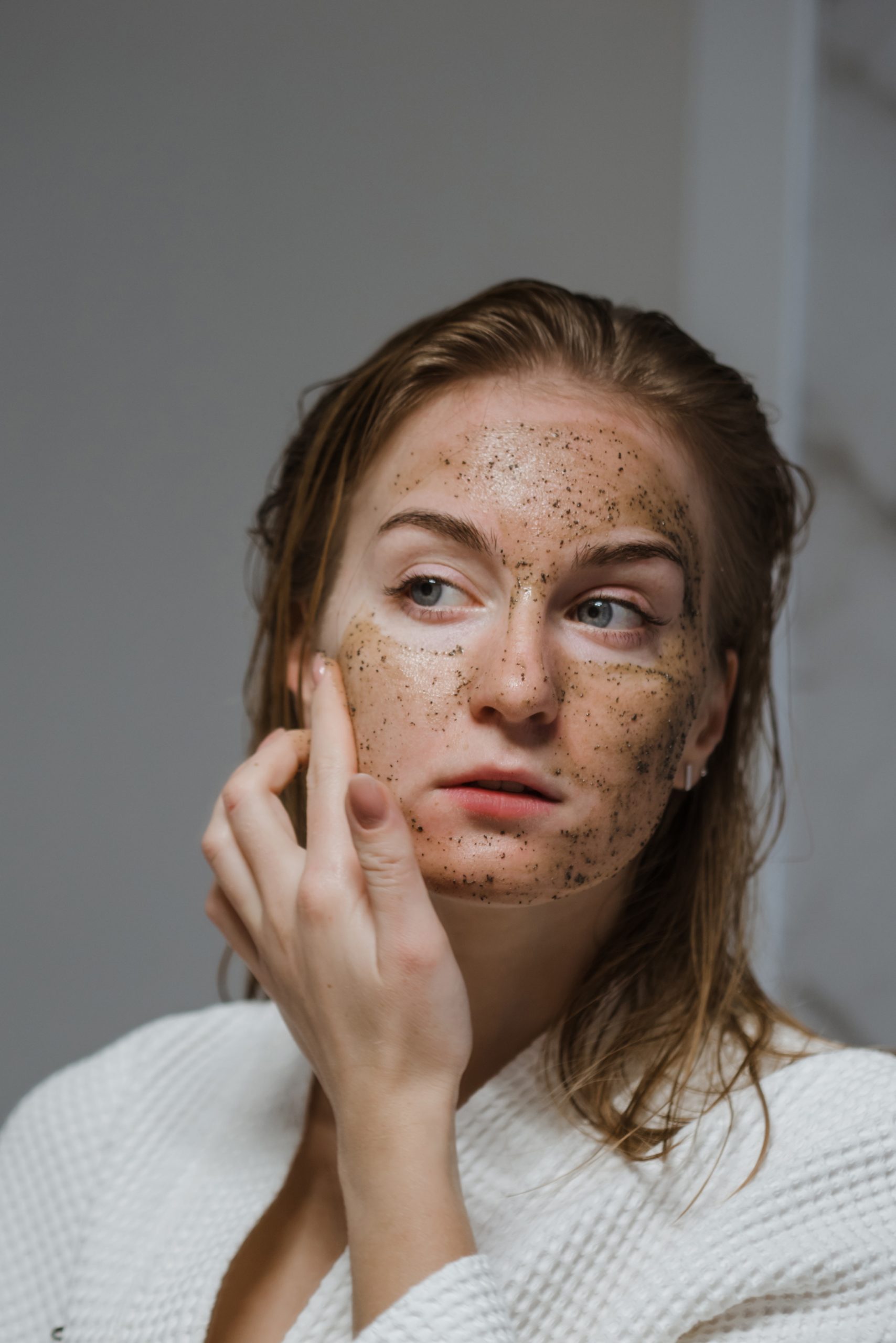 Red, puffy, and sensitive skin
Red, puffy, and sensitive skin